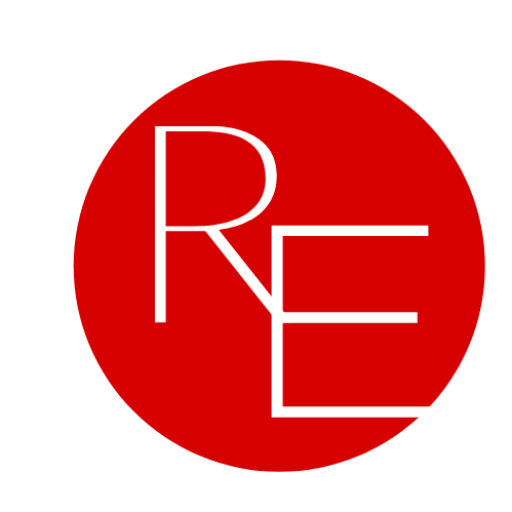In New York, like in many other states, the cost of probate can vary depending on several factors. Understanding these costs is crucial for both estate planning and those who may find themselves managing an estate. In this article, we will delve into the details of probate costs in New York, helping you gain clarity on what to expect.
- Court Filing Fees: One of the primary costs associated with probate in New York is the court filing fees. These fees are typically calculated based on the total value of the estate. In New York, the filing fees can range from a few hundred dollars to several thousand, depending on the estate’s size. It’s essential to check the current fee schedule with the New York Surrogate’s Court, as they can change over time.
- Executor’s Commission: The executor of the estate, often a family member or close friend, is entitled to a commission for their role in administering the estate. In New York, this commission is based on a percentage of the estate’s total value and is subject to court approval. Executors can receive up to 5% of the estate’s value, although the court may adjust this amount based on various factors, including the complexity of the estate.
- Attorney’s Fees: Many individuals seek legal counsel to navigate the probate process, and hiring an attorney is an additional cost to consider. Attorney’s fees can vary widely based on the attorney’s experience and the complexity of the case. It’s advisable to consult with several attorneys to understand their fee structures and find one that fits your budget and needs.
- Accountant and Appraiser Fees: In some cases, an accountant or appraiser may be required to assess the estate’s financial situation and determine the value of certain assets. Their fees can add to the overall cost of probate, especially if the estate is intricate or includes various assets that require professional valuation.
- Miscellaneous Expenses: Probate may also incur miscellaneous expenses, such as publication costs for required notices, mailing expenses, and other administrative fees. These costs can vary based on the specific requirements of the case.
- Estate Taxes: New York has its own estate tax laws, which can impact the overall cost of probate, particularly for larger estates. It’s essential to be aware of the current estate tax thresholds and rates to determine if the estate is subject to state estate taxes.
Conclusion: While the cost of probate in New York can vary significantly, understanding the potential expenses involved is crucial for effective estate planning. By having a clear picture of the fees and commissions associated with probate, individuals can make informed decisions about their estate management. Seeking legal counsel and professional guidance can also help streamline the probate process and potentially reduce costs.
